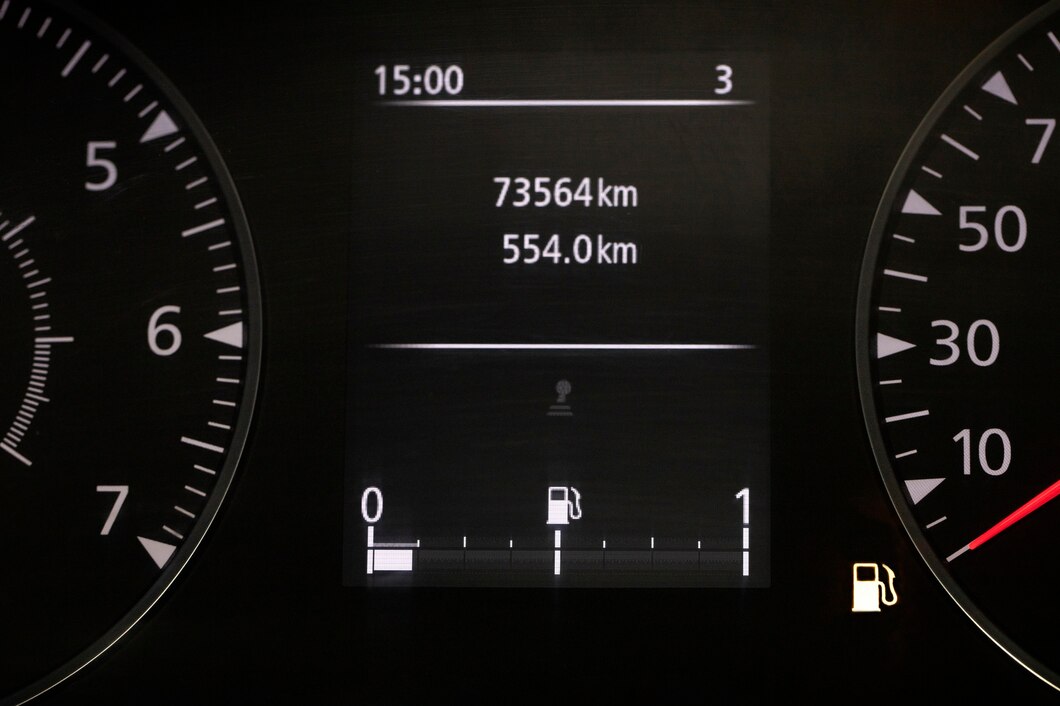Buying a high mileage car can be a cost-effective option for budget-conscious buyers or enthusiasts looking for specific models. However, it also comes with inherent risks and considerations. Understanding the pros and cons is crucial to making an informed decision. Here’s a comprehensive guide:
Pros of Buying High Mileage Cars:
- Lower Purchase Price: High mileage cars typically have a lower purchase price compared to lower mileage counterparts of the same make and model year. This affordability can make it easier to find a vehicle within your budget.
- Potential Bargains on Luxury or Performance Models: Luxury cars or high-performance vehicles often depreciate faster, leading to more significant discounts on high mileage examples. This allows enthusiasts to own premium vehicles at a fraction of their original cost.
- Maintenance Records and History: Many high mileage cars come with extensive maintenance records, providing insights into how well the vehicle has been maintained. A well-documented service history can indicate that the car has received regular care and attention.
- Avoiding Depreciation: High mileage cars have already undergone significant depreciation. As a result, you’re less likely to experience rapid depreciation yourself, especially if you plan to keep the car for an extended period.
- Proven Reliability: Some cars are known for their durability and reliability even at higher mileages. Researching specific models with a reputation for longevity can provide confidence in your purchase decision.
Cons of Buying High Mileage Cars:
- Increased Risk of Repairs: High mileage cars are more prone to wear and tear, requiring more frequent repairs and maintenance. Components such as suspension parts, brakes, and seals may need replacement sooner, adding to ownership costs.
- Uncertain Remaining Lifespan: While some high mileage cars can continue to run reliably for many more miles, others may experience sudden mechanical failures due to age and accumulated mileage. Predicting the remaining lifespan is challenging.
- Higher Insurance Costs: Insurance premiums for high mileage cars may be higher due to perceived increased risk of breakdowns or repairs. Compare insurance quotes before purchasing to understand the potential cost implications.
- Limited Warranty Coverage: Many high mileage cars are sold “as-is,” meaning you may have limited or no warranty coverage. This leaves you financially responsible for any repairs or issues that arise shortly after purchase.
- Resale Value Concerns: When it eventually comes time to sell, high mileage can negatively impact resale value. Potential buyers may be wary of purchasing a car with extensive mileage, further reducing its marketability.
Considerations for Buyers:
- Thorough Inspection: Prioritize a comprehensive pre-purchase inspection by a trusted mechanic. This should include checking the engine, transmission, suspension, brakes, and other critical components.
- Service History: Review maintenance records to gauge how well the car has been maintained. Regular servicing and timely repairs can extend the lifespan of high mileage vehicles.
- Budget for Repairs: Allocate a budget for potential repairs and maintenance. Having a financial cushion can help offset unexpected costs that may arise shortly after purchasing a high mileage car.
- Research Specific Models: Certain brands and models are known for their reliability even at higher mileages. Research owner forums, reviews, and reliability ratings to identify models with a good track record.
Buying a high mileage car can be a viable option for budget-conscious buyers or those seeking specific models with proven reliability. However, it’s essential to weigh the lower purchase price against potential repair costs and reduced resale value. Conduct thorough research, inspect the vehicle carefully, and consider the long-term implications before making a decision. By understanding the pros and cons of buying high mileage cars, you can make an informed choice that aligns with your budget and expectations for vehicle ownership.











